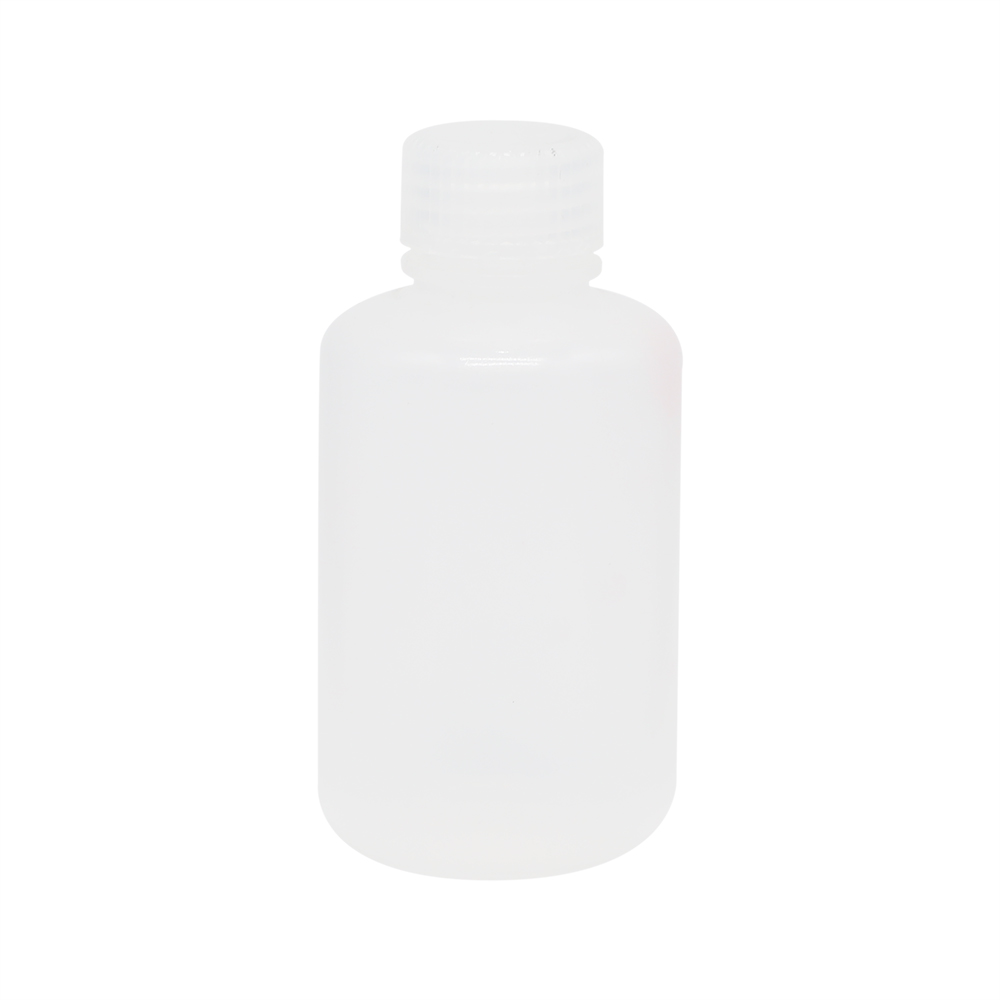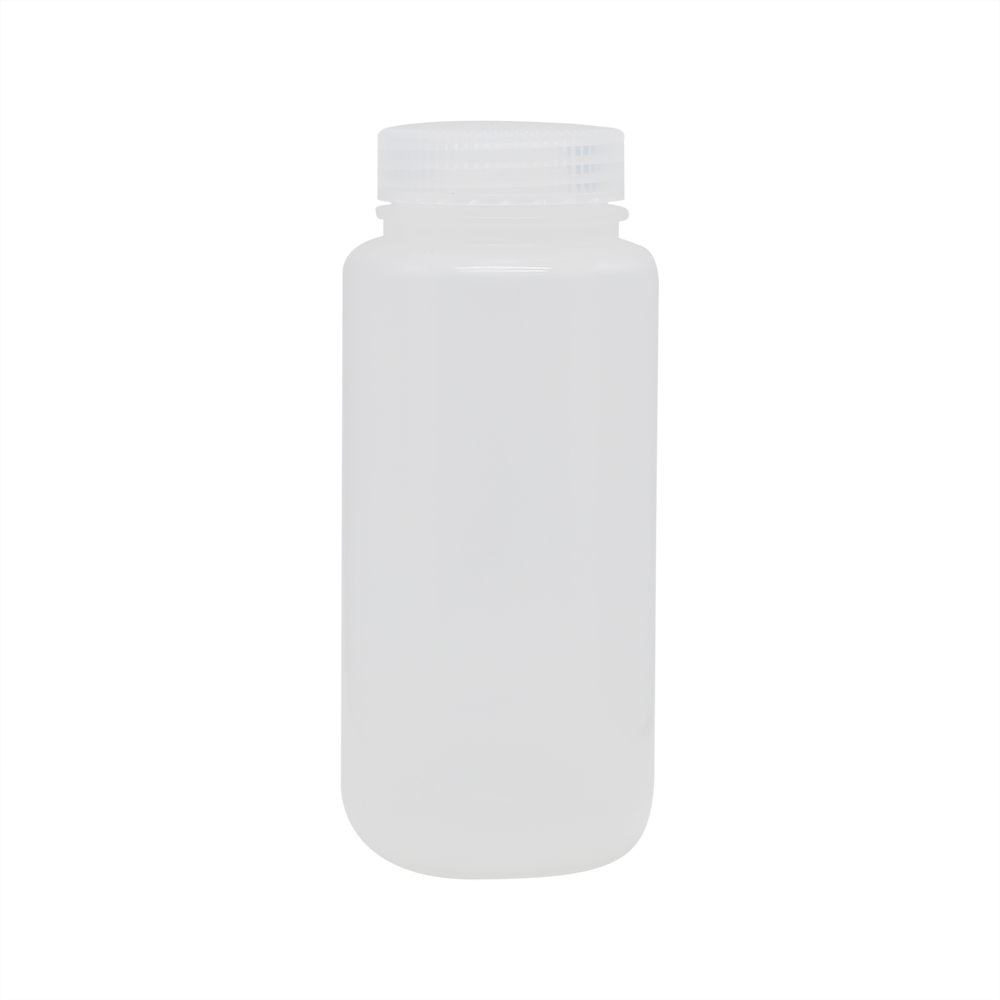Introduction
In the realm of laboratory equipment, the selection of materials for manufacturing high-quality 250ml reagent bottles is crucial. These vessels hold substances critical to scientific experiments and analyses, demanding materials that guarantee durability, chemical compatibility, and safety. This article delves into the diverse materials employed in crafting high-quality 250ml reagent bottles and their significance in laboratory settings.

Types of Materials Utilized
- Glass
Glass stands as a traditional and reliable material choice for high-quality 250ml reagent bottles due to its innate properties:
Advantages of Glass: Discussing its durability, resistance to chemical corrosion, and clarity that allows easy visual monitoring of contents.
Glass Variants: Highlighting the variations such as borosilicate and soda-lime glasses used in manufacturing high-quality 250ml reagent bottles.
- Plastics
Plastics have gained prominence in the manufacturing of high-quality 250ml reagent bottles due to their versatility and unique characteristics:
Types of Plastics: Exploring the features of various plastics like HDPE, PET, and PP commonly utilized in reagent bottle production.
Properties: Discussing their lightweight nature, flexibility, and chemical resistance, making them suitable for specific laboratory applications.
- Considerations for Chemical Compatibility
Analyzing the critical factor of chemical compatibility:
Material Interactions: Explaining how different materials interact with various chemicals and the significance of choosing materials based on their resistance to specific substances.
Properties and Advantages of Each Material
- Glass
Glass possesses inherent properties that make it a favored choice for high-quality 250ml reagent bottles:
Durability: Discussing its resilience to chemical corrosion, maintaining integrity over extended use.
Transparency: Highlighting its clear and transparent nature, facilitating easy observation of contents.
Recyclability: Emphasizing the eco-friendliness and recyclable properties of glass.
- Plastics
Plastics offer unique advantages that cater to specific laboratory needs:
Lightweight Nature: Exploring how plastics' lightweight characteristics ease handling and transportation.
Flexibility and Impact Resistance: Discussing their flexibility and resistance to breakage or impact, ensuring durability in certain environments.
Chemical Compatibility: Emphasizing plastics' compatibility with a wide range of chemicals, enhancing their versatility in laboratory settings.
Manufacturing Processes
- Glass Manufacturing
Understanding the intricate process of producing glass high-quality 250ml reagent bottles:
Glassmaking Techniques: Explaining the manufacturing steps and techniques involved in producing high-quality glass high-quality 250ml reagent bottles.
Quality Control: Highlighting specific quality control measures undertaken to ensure uniformity and strength in glass bottles.
- Plastic Molding and Forming
Exploring the molding processes utilized in plastic reagent bottle manufacturing:
Molding Techniques: Discussing various molding methods such as injection molding and blow molding used to craft plastic bottles.
Quality Assurance: Addressing the significance of quality checks and measures implemented during plastic bottle production to maintain standards.
Selection Criteria and Industry Standards
- Compliance with Regulations
Examining the importance of meeting industry standards and regulations:
Adherence to Standards: Discussing certifications such as ASTM, ISO, or FDA compliance ensuring quality and safety in reagent bottle materials.
Certification Impact: Explaining how adherence to these standards influences the selection and trust in reagent bottle materials.
- Factors Affecting Material Selection
Understanding the considerations influencing material choices
Cost Considerations: Discussing cost implications and trade-offs between different materials.
Application-Specific Selection: Exploring how the intended use and specific chemical compatibility impact material selection for different laboratory applications.
Conclusion
The selection of materials in the manufacturing of high-quality 250ml reagent bottles is a critical aspect that directly impacts their functionality and reliability in laboratory settings. Understanding the properties, manufacturing processes, compliance with industry standards, and considerations guiding material selection is imperative for ensuring durability, chemical compatibility, and safety in laboratory experiments and analyses.
Related Products





